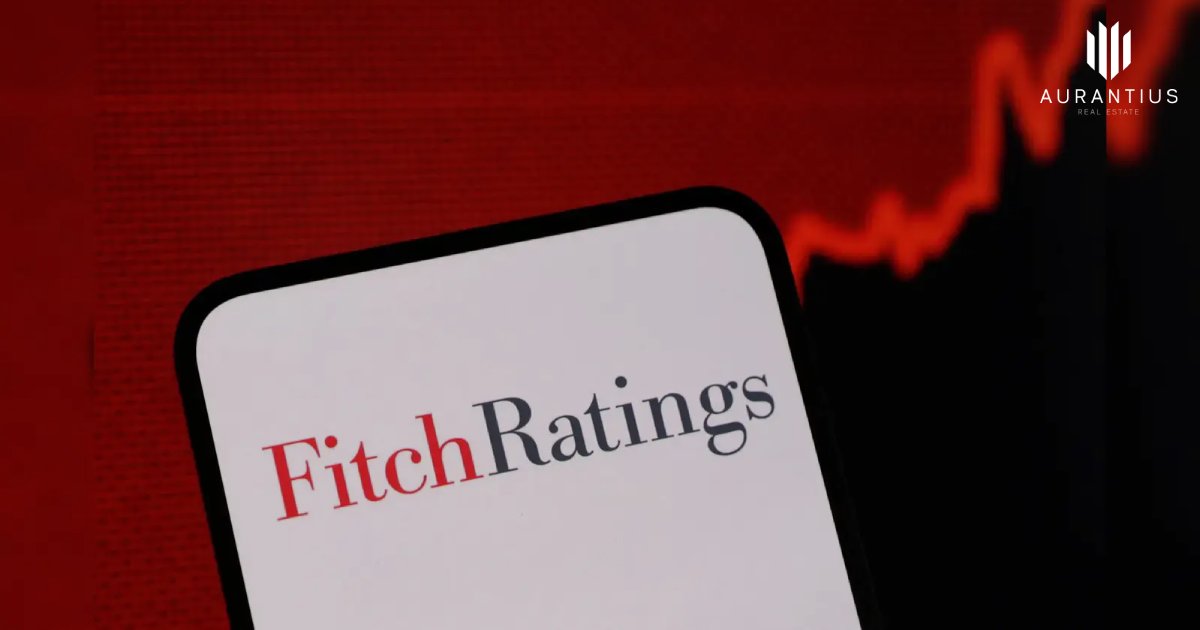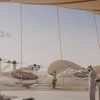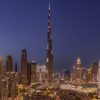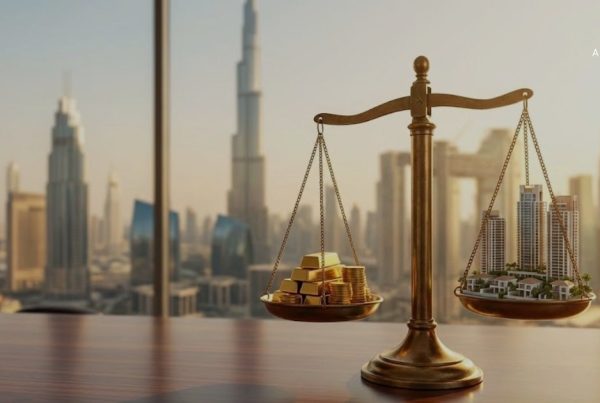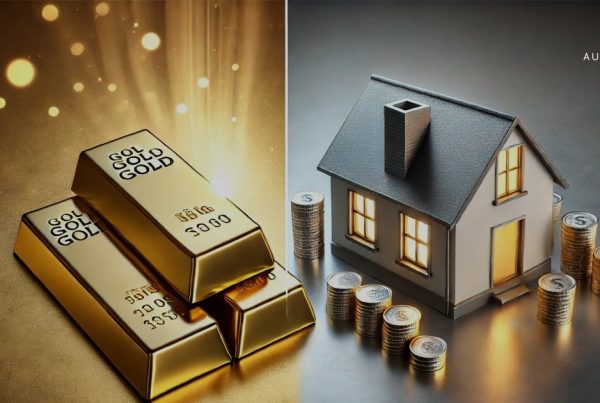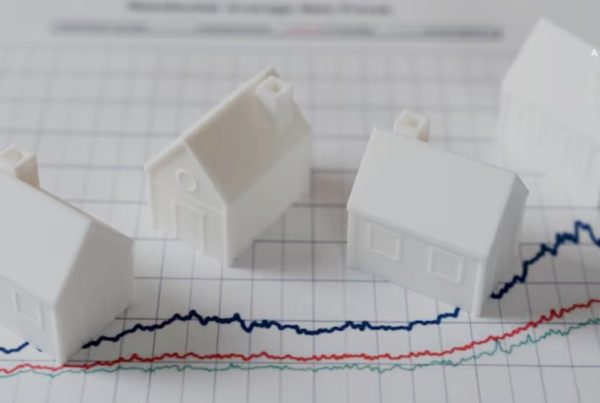Dubai Real Estate Prices Near Peak: Is a Correction Coming? what Fitch says
Dubai residential real estate market has experienced remarkable growth since the end of 2021, with prices increasing by nearly 60%. Today, values stand roughly one-third higher than the previous peak in 2014. But after three years of extraordinary momentum, experts believe the market may now be approaching the top of its cycle. A moderate correction of up to 15% is projected over the next 18 months as supply begins to outpace demand.
Unprecedented Growth Since 2021
The recovery from the pandemic, combined with visa reforms and new residency programs, sparked an unprecedented wave of demand in Dubai’s property market. Between 2021 and 2024, a surge of investors and end users pushed prices upward at historic rates. Popular communities like Dubai Marina, Downtown Dubai, and Palm Jumeirah saw transaction volumes that set global benchmarks for luxury and prime real estate. However, this rapid appreciation is now showing early signs of stabilizing.
Why a Correction Looks Likely
Analysts highlight several reasons why the next 18 months may bring a mild correction:
- Record Supply Pipeline: Following a surge in project launches in 2023 and 2024, Dubai is set to hand over a record number of residential units in 2025 and 2026. This fresh wave of supply will test whether population growth can keep up with new deliveries.
- Stabilizing Rental Prices: After years of double-digit rental increases, Q1 2025 data shows rental prices leveling off. Yields, while still healthy, have slightly declined—indicating that demand absorption is slowing.
- Weaker Oil Price Correlation: Historically, real estate in Dubai was closely tied to oil prices. While that link has weakened due to diversification, softer oil markets still affect overall investor sentiment across the GCC.
- Investor Confidence: With prices already at historic highs, many investors may take a wait-and-see approach. A correction, even if modest, could cool speculative demand.
Market Fundamentals Remain Strong
Despite the likelihood of a correction, Dubai’s fundamentals remain robust. Demand drivers such as population growth, strategic infrastructure projects, and policy reforms continue to attract long-term buyers. Programs like the Golden Visa and attractive developer payment plans ensure the market remains competitive against global peers in London, New York, and Singapore.
Developers including DAMAC, Sobha Realty, and Nakheel are also adapting quickly, offering flexible terms and launching branded residences in high-demand communities like MBR City and Dubai Hills Estate.
What Investors Should Expect
A correction of 10%–15% would be healthy for the market, helping absorb excess supply and cooling speculative activity. Importantly, such an adjustment would not undermine Dubai’s long-term position as a global investment hub. Instead, it could create entry opportunities for investors who were priced out during the recent surge.
Rental yields may compress slightly as more units hit the market, but demand for high-quality properties in prime areas will remain strong. Luxury villas in Emirates Hills or waterfront apartments on Palm Jumeirah are expected to retain their premium due to limited supply and enduring international demand.
Conclusion: A Natural Cooling Phase
Dubai’s real estate market is entering a natural cooling phase after years of exceptional growth. With prices nearly 60% higher since 2021 and at levels far above the last peak in 2014, a moderate correction is both expected and necessary for sustainable long-term growth. For investors, the key takeaway is to focus on fundamentals: communities with strong infrastructure, trusted developers, and rental resilience.
While short-term fluctuations may dominate headlines, Dubai’s long-term appeal remains unchanged—making it one of the most attractive real estate markets in the world for those with a strategic outlook.

